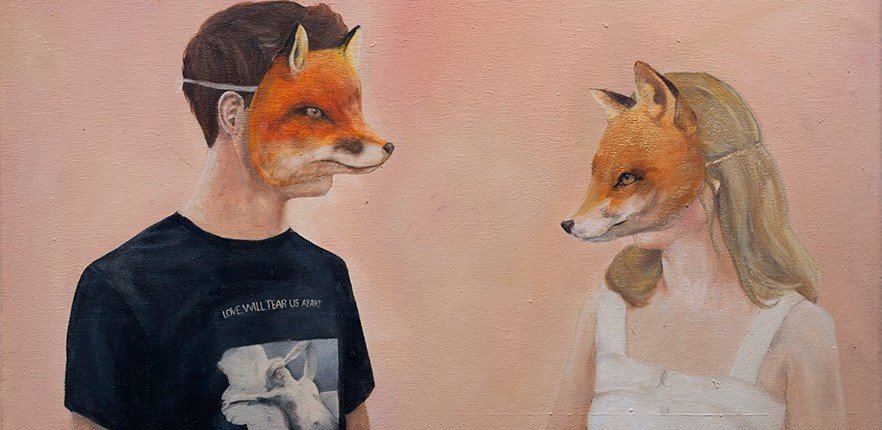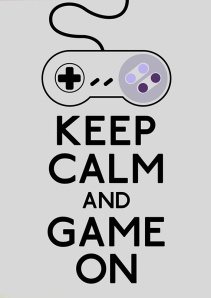Blogs, Syndicated
A Digital Cultural Shift
by ahaydon1 •
During this past week’s connected courses unit, Howard Rheingold and Kim Jaxon spoke about curation and what that means in relation to Digital Literacy. Kim specifically said something that resonated with me; she spoke about a “kinder curation” in which we must shift the current digital norms in order to reflect ourselves as kinder human beings. This has very much so been on my mind lately as I move forward with researching the idea of open access through gaming platforms.
As I stated in my first post, I am a gamer. I chose to research this topic because I want to show those who view gaming as a hinderance to our youth that gaming methodologies can actually be utilized to help students interact, collaborate, learn, grow, and have ownership over their education. Over the weeks I’ve been watching TED talks by Don Tapscott, Lawrence Lessig, Jane McGonigal, I’ve read a multitude of articles on Open Access, how present day technology is being utilized in the classroom (Hybrid Pedagogy), testimonials from students on how they want more digital platforms available in their learning environment, articles on how MMO’s are being used in education, and currently I am reading through What Video Games Have to Teach us about Learning and Literacy by James Paul Gee. And I’ve been gaming, of course.
Clearly, I’m invested in this topic. However, a few weeks ago I had a very eye opening experience that completely altered my optimistic view towards my topic. As part of my research, I asked a guild (which consisted of many individuals who I consider friends or at least acquaintances) if I could record their “raid night” in order to gather real-time evidence to support my claims. They all happily agreed. I explained to them over TeamSpeak (a program that allows multiple players to converse with one another during game play) that this recording would be used for a major research project and would eventually be presented to a class of graduate students. However, even saying this I asked them to be as natural as possible.
As the game commenced, I soon realized that this was a mistake. The environment, which started off light and joking, soon became hostile, aggressive, and full of bullying and put down comments. I was appalled. This wasn’t a group of strangers, these were people who had known each other for years, and they were bashing each other in the utmost of critical ways. This wasn’t building community, or collaboration, or learning; it was a cesspool of blatant bullying and a perfect example of a dysfunctional community.
After this experiment failed, I regrouped. I told the guild that I couldn’t use any of video that we had collected, and that maybe we should switch gaming platforms so that we could have a friendlier game where I could show positive elements of gaming and how it could relate to education. Yet again, I was wrong. As soon as we started playing, the toxic environment that had been so apparent during the raid spilled over onto the new game. As a newer player, I was targeted and used as a strategic way to gain an edge for the opposing team. I won’t go into extreme details, but what I will say is that by the end of the game, I was prepared to change my research topic entirely. I kept thinking to myself “how am I supposed to support this when I am sitting here feeling like a complete failure who can’t even play a friendly game with her own friends? This doesn’t build community! Or an environment for learning! This is hurtful! Why would I ever want to subject students to this?”
Now, after a few days of reflection, I decided that giving up wasn’t the answer. I came to find out that an intense competition had been instigated a few weeks prior with some of the guild members, which apparently spilt prior tensions into the game we had played. I also spoke with several individuals from the guild separately, and discovered that because the raid that they engaged in wasn’t considered “new content”, that many other members of the guild didn’t take the fight as seriously, causing them to just mess with each other. Clearly this just wasn’t the night to spectate, and this was one bad experience versus a multitude of positive experiences.
However, this experience has forced me to tread at a much slower pace into this realm of open access and gaming. I ask myself “how can we create a gaming experience that is a positive learning environment for all students? Why are major MMO gaming platforms becoming a place for toxic development and communities? How do we shift as players within these gaming communities to create a kinder culture where we help one another while still engaging in a healthy level of competition?”



